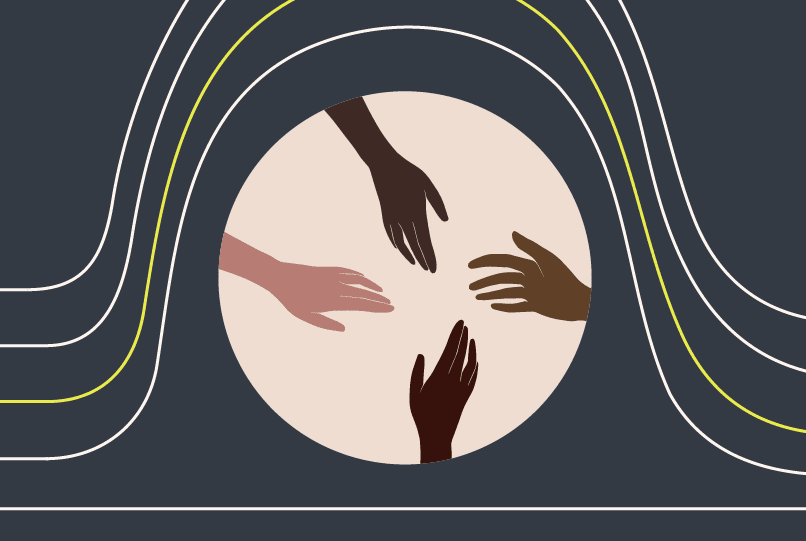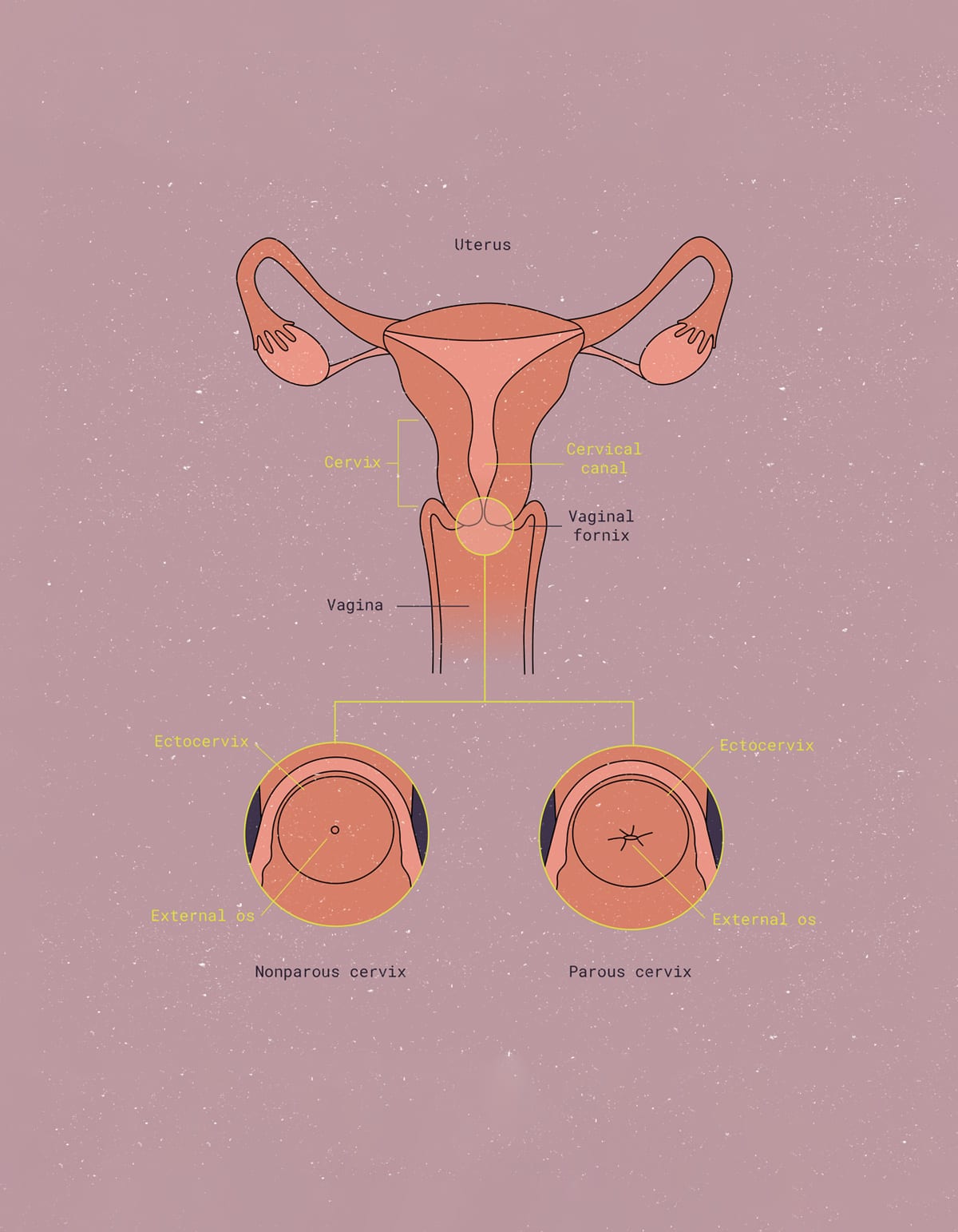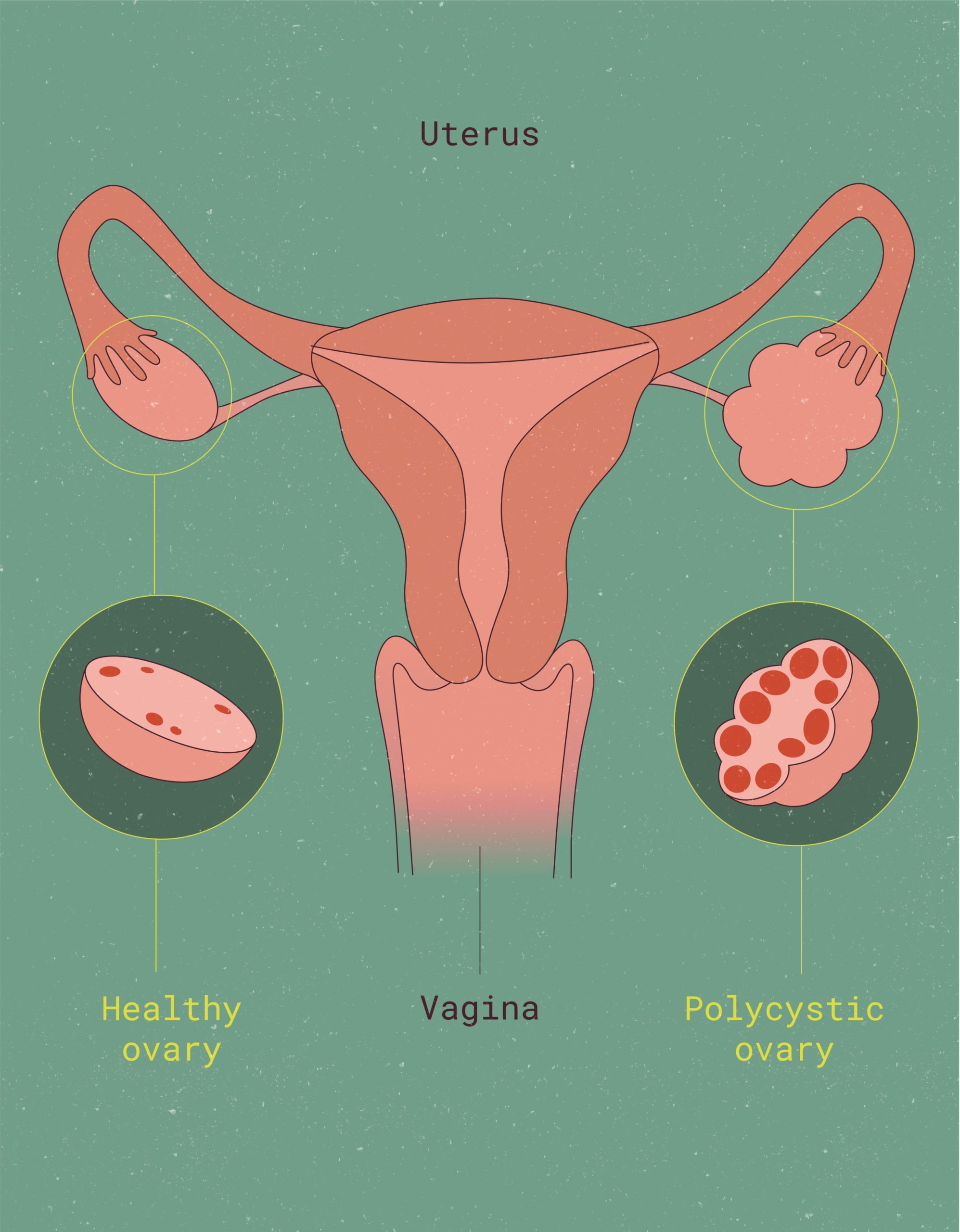Ask an Ob/Gyn: When should I freeze my eggs?
Do you have questions you never dared to ask your doctor, your parents or your friends? We got you. Here you can learn about your body and the health implications of the latest medical trends from Dr. Jane van Dis, MD, FACOG, a Board Certified Obstetrics and Gynecologist based in California.
Here’s our latest series of reader-submitted questions:
I’m 30 – do I need to worry about freezing my eggs?
This is a complex question and the answer is going to be different for every woman.
There are costs and risks associated with freezing your eggs. Although the technology and outcome data for cryopreservation gets better every year, and the American Society of Reproductive Medicine has removed the “experimental” label from the procedure, there is still no guarantee of fertility if you freeze your eggs.
Anyone who is considering it needs to weigh the risks and benefits, in addition to the personal, financial and emotional costs.
The procedure requires you to take hormone injections to stimulate the production of eggs, and when they are ready to be collected a long needle is passed through the vagina—under ultrasound guidance—so the eggs can be removed from the ovary, one by one.
For some women, there can be mild internal bleeding and pain, as well as the potential for scar tissue. Some women experience Ovarian Hyperstimulation Syndrome from the hormone injections and require hospitalization. And, regardless of the technique, some eggs will not produce a viable pregnancy.
Some women who have medical conditions—such as those diagnosed with cancer—may want to have their eggs frozen prior to chemotherapy or radiation. But for the general public, at age 30, there’s still a lot of time left to conceive.
If you’re considering the procedure, have a consultation with a Reproductive Endocrine and Infertility specialist and discuss your personal health history and family planning ideals.
What’s the optimal age to get pregnant?
For my patients, I recommend that the optimal time to get pregnant is when you are ready to become a mother and start a family. Having said that, women are most fertile between the ages of 18 to 34.
Can I still get HPV if I’ve had the Gardasil vaccine?
The Gardasil vaccine has decreased the risk of infection by 64%, so it does reduce the risk, but you can still get HPV—Human papillomavirus infection—even after getting the vaccine.
Why can’t I orgasm?
This is a complex question. About 25% of women have difficulty experiencing orgasm and approximately 10% have never had one.
Of those women who don’t achieve orgasm, the most common causes are medical comorbidities such as pelvic trauma, diabetes, hypertension, multiple sclerosis, childbirth trauma, vulvodynia, and psychological trauma. Other common causes are medications, including SSRIs, antihypertensive drugs, and recreational drugs, including alcohol.
When a patient tells me she has never had an orgasm, after ruling out medical problems or medications, I always ask if she has ever masturbated. If she hasn’t, I recommend that she consider trying to reach orgasm through masturbation before trying with a partner.
Erotic reading and videos can be helpful, as well. Relationship issues—including trust and attachment—can also affect intimacy, whether with female or male sex partners. Communication about sex and pleasure is a key element in any intimate relationship. Some couples also benefit from a sex therapist to help them communicate and understand one another.
The answer to this question is tailored to each individual woman depending on her sexual history and relationships, but I always recommend getting to know oneself as a first step.
I’ve been taking birth control pills for 15 years. Will that make it harder for me to get pregnant when I’m ready?
Absolutely not. There is only one form of birth control that has been shown to increase infertility after a woman stops using it and that’s the Depo-Provera shot. Women taking birth control pills will have the same chances of fertility after they go off the pill as those who were not on it.
How do I know if I’m allergic to condoms?
I’ve never had a patient tell me she thought she was allergic to condoms, but the signs of an allergic reaction would be dryness, swelling, pain, and a burning sensation. Approximately 1–3% of the population is allergic to latex, and many condoms are made of latex.
If you’re experiencing pain, redness, and swelling after using latex condoms, see an allergy specialist to get tested or have your partner start using non-latex condoms, such as those made with polyurethane.
This article is informational only and is not offered as medical advice, nor does it substitute for a consultation with your physician. If you have any gynecological/medical concerns or conditions, please consult your physician.
© 2021 The Flex Company. All Rights Reserved.






